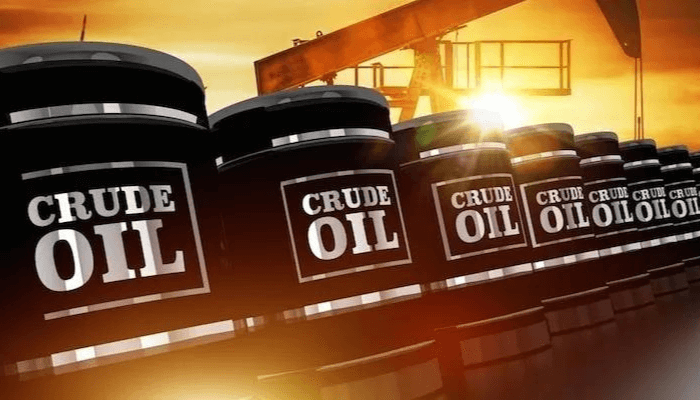Nigeria’s crude oil production slipped below its OPEC quota in August after two consecutive months of meeting the target, raising concerns about the country’s ability to sustain improved output levels amid persistent operational challenges.
According to data from the Organisation of the Petroleum Exporting Countries (OPEC), through direct communication, Nigeria pumped an average of 1.434 million barrels per day (bpd) in August, down from 1.507 million bpd in July.
Read also: Why India return to buying Nigerian crude oil is good for Africa top producer
The figure is the lowest in six months so far in 2025 and is below Nigeria’s OPEC allocation of about 1.5 million bpd for the month.
The decline comes after Nigeria had shown signs of recovery in June and July, when output edged closer to the group’s agreed quota following months of underperformance.
Nigeria’s renewed shortfall could be attributed to ongoing crude theft, pipeline vandalism, and technical issues at some oil terminals.
Industry experts warn that the setback could undermine Nigeria’s revenue projections, especially as the federal government is banking on higher oil earnings to support its 2025 budget.
Crude oil remains Nigeria’s biggest foreign exchange earner, accounting for more than 80 per cent of export revenues.
The Nigerian National Petroleum Company Limited (NNPC) has pledged to boost output to at least 1.7 million bpd by the end of the year through tighter security measures in the Niger Delta and renewed investment in upstream projects.
Read also: For the first time, U.S. exports more crude oil to Nigeria than it imports EIA
However, industry observers say achieving that goal will require sustained reforms and significant investment to tackle infrastructure decay and insecurity.

